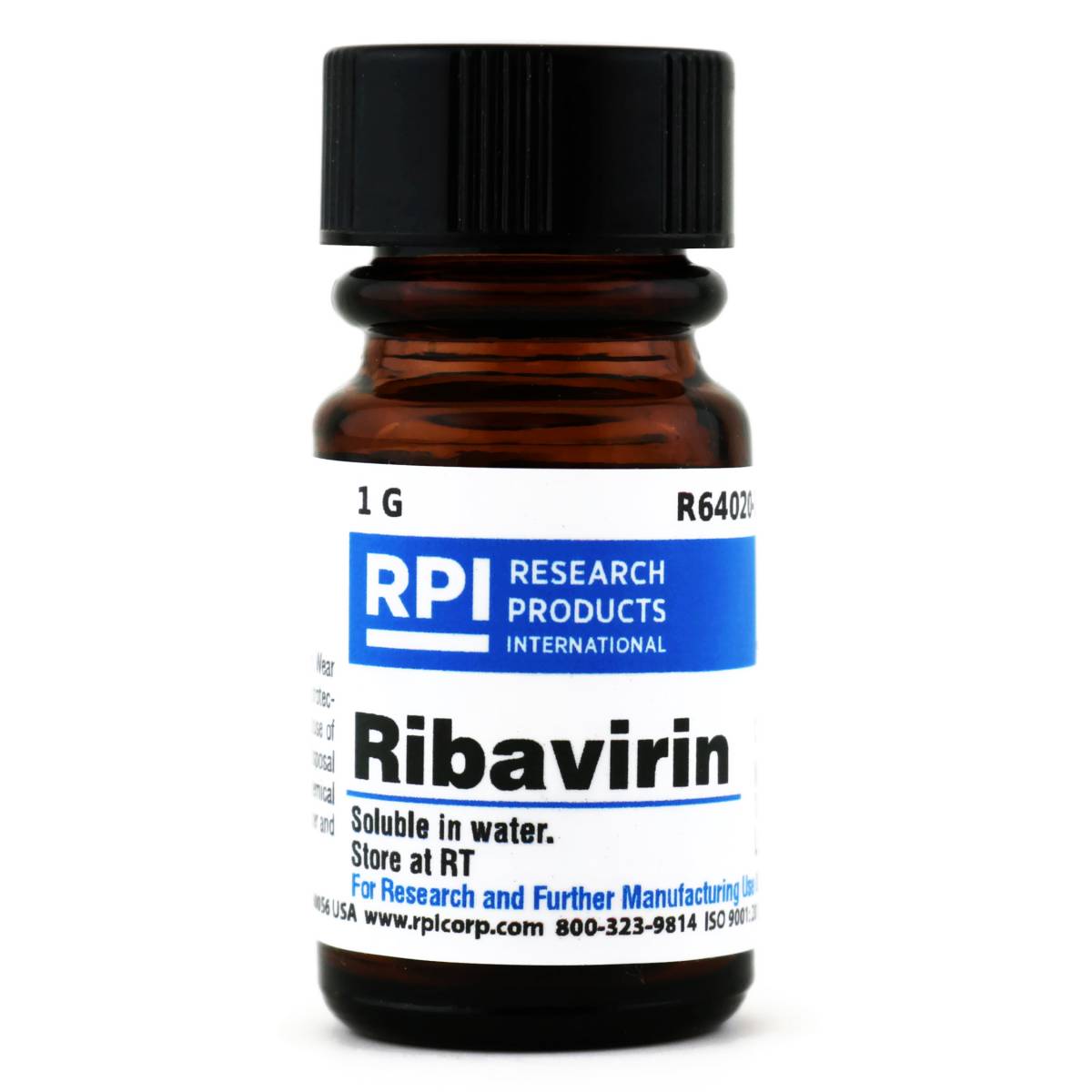Respiratory Syncytial Virus (RSV): Symptoms, Causes, Treatment
What are the symptoms of respiratory syncytial virus (RSV)?
Respiratory syncytial virus (RSV) is a common virus that can cause respiratory infections in people of all ages, but it is most severe in young children, older adults, and people with weakened immune systems. The symptoms of RSV can vary depending on the age of the person affected, but common symptoms include:
- Cough: RSV infections often start with a cough that can be mild to severe.
- Runny or stuffy nose: Nasal congestion is common, and the nose may produce clear, watery discharge.
- Fever: A fever is often present, although it may be mild in some cases.
- Sneezing: Sneezing is a common symptom, especially in the early stages of the infection.
- Wheezing: Some people, particularly infants and young children, may develop wheezing or difficulty breathing.
- Decreased appetite: Infants and young children may have a decreased appetite or may be less interested in feeding.
- Irritability: Infants and young children may be more irritable than usual.
- Difficulty breathing: In severe cases, RSV can cause difficulty breathing, rapid breathing, or retractions (pulling in of the chest wall) in infants.
It’s important to note that the symptoms of RSV can be similar to those of other respiratory infections, such as the common cold or the flu. In most cases, RSV infections are mild and resolve on their own without treatment. However, in some cases, particularly in infants, older adults, and people with underlying health conditions, RSV infections can lead to more severe respiratory problems such as bronchiolitis or pneumonia. If you or your child develop severe symptoms such as difficulty breathing, it’s important to seek medical attention promptly.
What are the causes of respiratory syncytial virus?
Respiratory syncytial virus (RSV) is a contagious virus that spreads through respiratory droplets when an infected person coughs or sneezes. The virus can also survive on surfaces and objects, so it can be spread by touching a contaminated surface and then touching the face. RSV can cause outbreaks in settings such as daycare centers and nursing homes, where people are in close contact with one another.
RSV infections are most common in the fall and winter months, but they can occur at any time of year. Young children, older adults, and people with weakened immune systems are at higher risk of developing severe RSV infections.
Once a person is infected with RSV, the virus typically incubates for 4 to 6 days before symptoms appear. Infected individuals are usually contagious for 3 to 8 days, but they may continue to shed the virus for up to 4 weeks. RSV infections can range from mild to severe, and in some cases, they can lead to serious respiratory problems such as bronchiolitis or pneumonia, especially in young children, older adults, and people with underlying health conditions.
What is the treatment for respiratory syncytial virus?
There is no specific treatment for respiratory syncytial virus (RSV) infection, and most cases resolve on their own without medical intervention. Treatment for RSV is focused on relieving symptoms and preventing complications. Here are some common approaches to managing RSV infections:
- Home care: For mild cases of RSV, home care measures such as rest, preventing dehydration, and using a cool-mist humidifier can help relieve symptoms. Over-the-counter medications such as acetaminophen or ibuprofen may be used to reduce fever and discomfort.
- Antiviral medications: In some cases, antiviral medications such as ribavirin may be used to treat severe RSV infections in hospitalized infants, especially those with underlying health conditions.
- Supportive care: In severe cases of RSV, particularly in infants, hospitalization may be necessary. Supportive care in the hospital may include supplemental oxygen, intravenous fluids, and mechanical ventilation in severe cases.
- Prevention: The best way to prevent RSV infection is through good hygiene practices, such as washing hands frequently, avoiding close contact with sick individuals, and disinfecting surfaces that may be contaminated with the virus. In some cases, especially for high-risk infants, a medication called palivizumab may be given monthly during RSV season to help prevent severe RSV infection.
It’s important to consult with a healthcare provider if you or your child develop symptoms of RSV, especially if you or your child have difficulty breathing or other severe symptoms. A healthcare provider can help determine the appropriate course of action and provide guidance on managing the infection.




